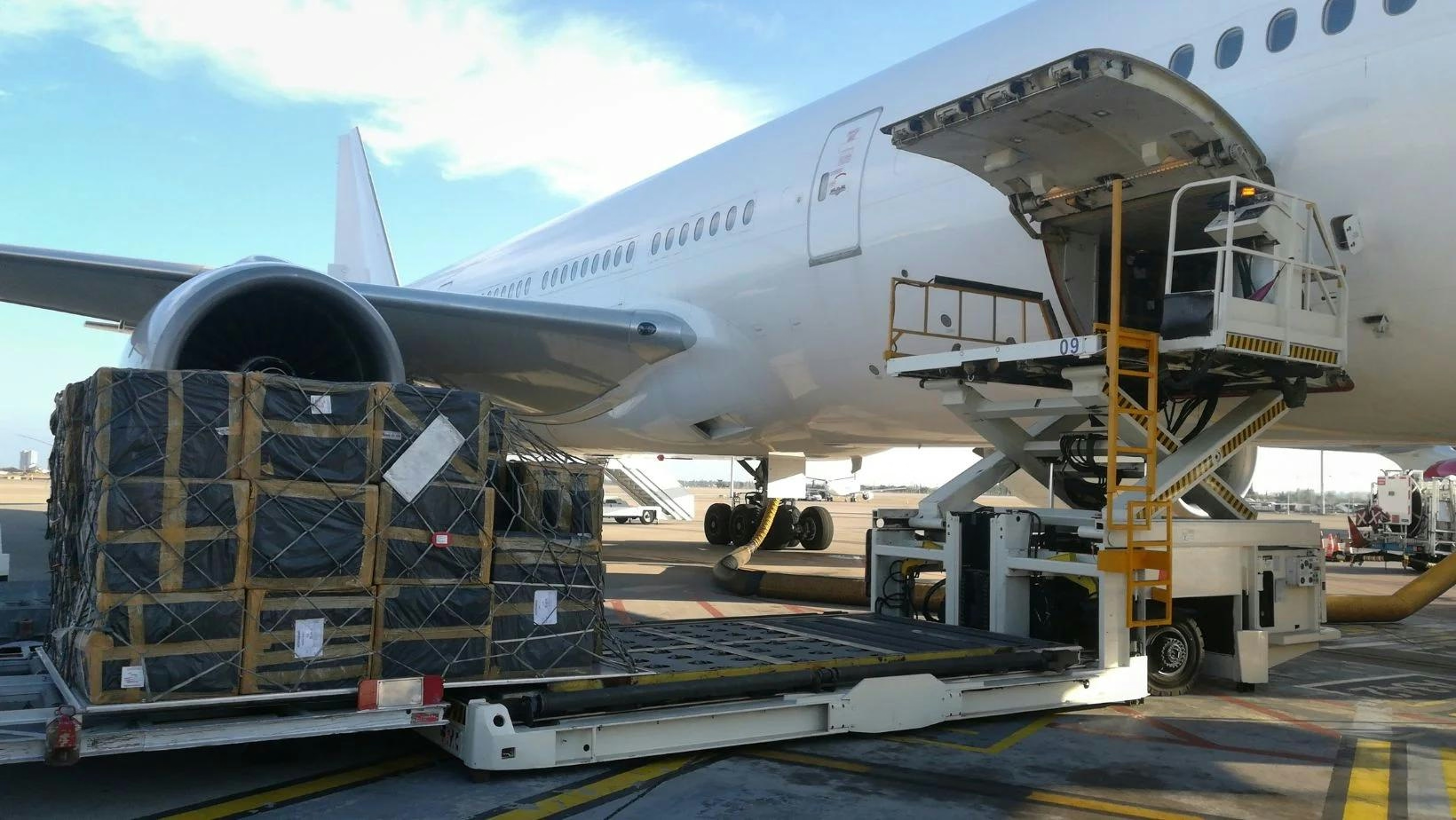AeroGenie — Your Intelligent Copilot.
Trending
Categories
ACC Aviation Reports Steady Growth Despite Global Uncertainty

ACC Aviation Reports Steady Growth Despite Global Uncertainty
As the global aviation industry approaches the close of 2025, a cautious optimism prevails amid ongoing challenges. Passenger demand remains strong, fleets are operating at capacity yet stable, and airlines continue to adapt to geopolitical and economic uncertainties. Within this complex environment, ACC Aviation, a prominent provider of ACMI (Aircraft, Crew, Maintenance, Insurance), Charter, and Consulting services, has demonstrated consistent growth despite the sector’s headwinds.
Industry Resilience Amid Persistent Challenges
Dave Williams, Director of Leasing at ACC Aviation, highlights that despite supply chain disruptions, aircraft delivery delays, and rising costs, the aviation sector is on a path of steady recovery and transformation. He notes that industry leaders across airlines, leasing, and ACMI sectors share a consensus that aviation is navigating uncertainty from a position of strength.
Supporting this outlook, recent data from the International Air Transport Association (IATA) reveals a 4.6% increase in global passenger demand, with load factors reaching a record 86%. Growth is primarily driven by international travel, which rose 6.6% year-on-year, led by a 9.8% surge in the Asia-Pacific region. Domestic markets have remained stable but experienced more modest growth. Williams points out that airlines have carefully managed capacity to maintain high load factors, though profit margins remain thin. In 2024, the industry’s average profit per seat was $6.40, reflecting rising operational expenses and limited pricing power. While major carriers such as Ryanair and Singapore Airlines continue to report strong profitability, smaller operators and start-ups face ongoing financial pressures.
The industry’s operational challenges are further exacerbated by persistent shortages of aircraft and engines. Delays from manufacturers like Airbus and Boeing have compelled operators to extend the service life of older aircraft, resulting in increased lease rates for mid-life assets. Both lessors and airlines are investing heavily in spare parts inventories and, in some cases, dismantling younger aircraft to source components, ensuring operational continuity. Maintenance turnaround times for engines and heavy checks remain twice as long as pre-pandemic levels, with little improvement expected before 2027. To mitigate maintenance risks, airlines are increasingly relying on power-by-the-hour (PBH) programs. Williams describes the current fleet landscape as pragmatic, characterized by more aircraft flying longer, a preference for reliable mid-life assets, and the emergence of hybrid leasing models as a hedge against uncertainty.
ACC Aviation’s Position and Market Dynamics
ACC Aviation’s steady performance stands out against the broader industry backdrop. Competitors such as Qantas have identified fuel price volatility, driven by ongoing geopolitical tensions, as a significant risk that could elevate operational costs across the sector. Additionally, the global recovery of airport operations remains incomplete. According to ACI World, airport revenues have yet to return to pre-pandemic levels, potentially influencing market dynamics for operators like ACC Aviation.
Despite these pressures, ACC Aviation’s resilience is further evidenced by a surge in demand for private jets, indicating a robust market for premium aviation services even as commercial aviation contends with margin constraints.
Looking forward, network expansion offers a positive outlook. In 2024 and 2025, airlines introduced 3,593 new routes, with more than half connecting previously unserved destinations. The United States led in route additions, while Kuala Lumpur Airport recorded the highest number of new services. Low-cost carriers dominated this growth, with the Airbus A320 emerging as the most common aircraft type on new routes.
Amid structural and geopolitical pressures—including global instability, trade uncertainties, fragile supply chains, rapid technological advancements, sustainability challenges, and labor shortages—the aviation industry’s core strengths of resilience, innovation, and sustained global demand continue to propel progress. ACC Aviation’s steady growth exemplifies this enduring adaptability within a rapidly evolving landscape.

Emirates Unveils Cabin Design for New Boeing 777X

Eighteen Years On, the Airbus A380 Remains Central to a $34 Billion Airline

How a boom in luxury airline seats is slowing down jet deliveries

Navitaire Outage Attributed to Planned Maintenance

DigiYatra Debuts Outside Aviation at India AI Impact Summit

Vietnam Orders Strengthen Boeing’s Commercial Outlook

Airbus Signals Uncertainty Over Future A400M Orders

JobsOhio Awards $2 Million Grant to Hartzell Propeller for Innovation Center

Collins Aerospace Tests Sidekick Autonomy Software on YFQ-42A for U.S. Air Force CCA Program

How the Airbus A350-1000 Compares to the Boeing 777
